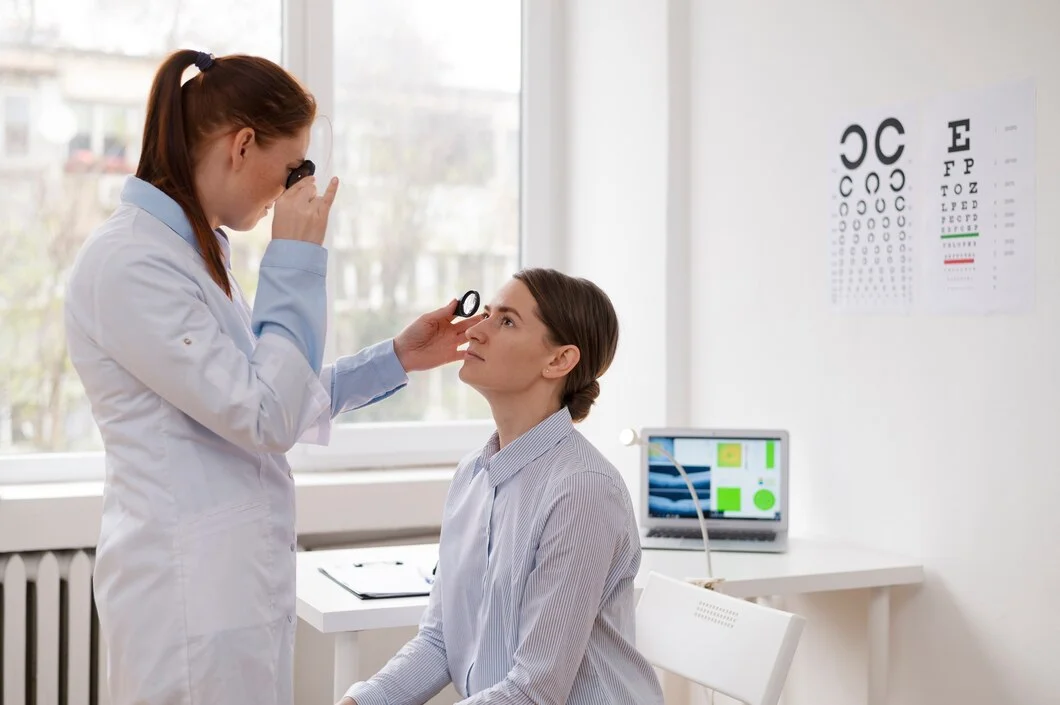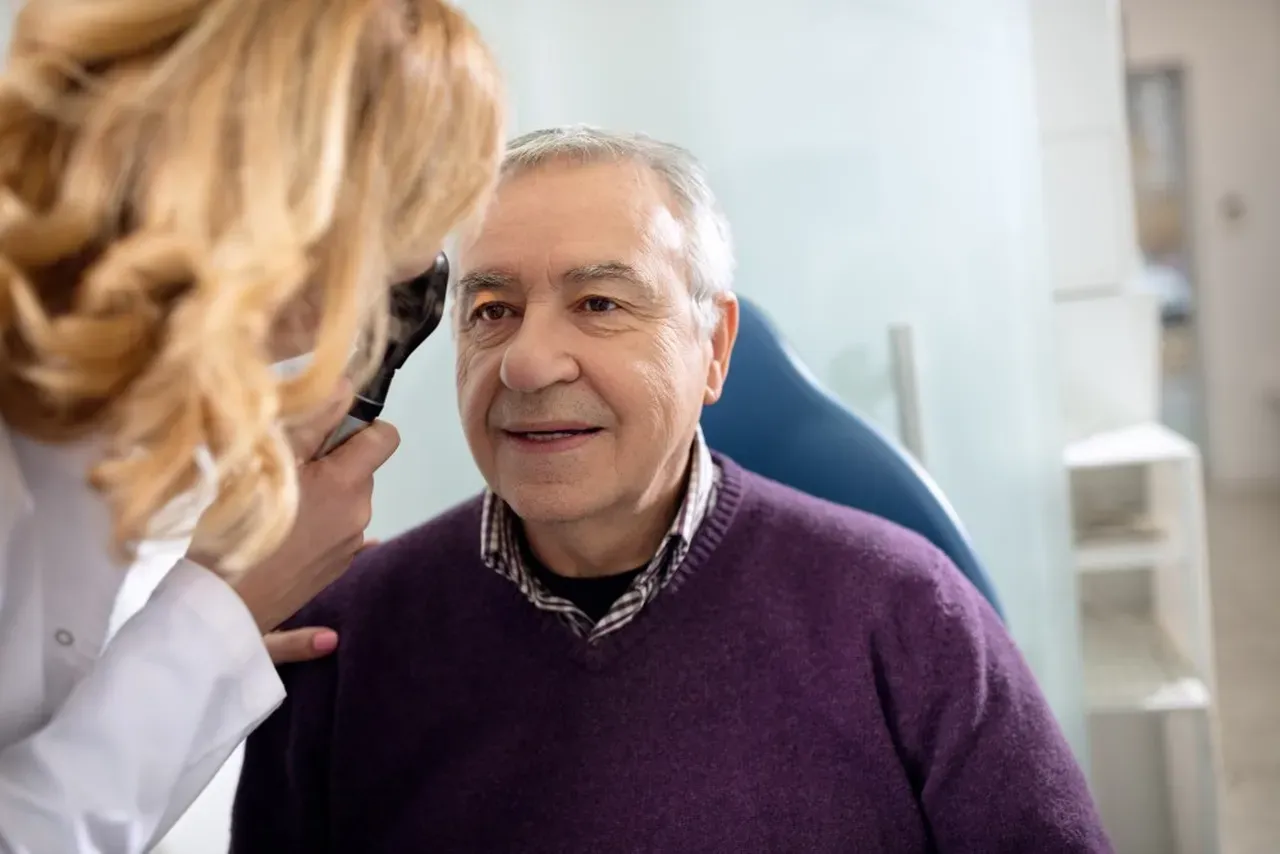Looking for healthcare that puts you first? Connect with us to learn more
Discover the potential of Healthcare, Today!
People with type 1 or type 2 diabetes understand that managing blood sugar levels is essential to prevent a range of health complications. One of the most significant risks is diabetic eye disease, which includes conditions like diabetic retinopathy. When blood sugar levels remain uncontrolled, they can damage the delicate blood vessels in the eyes, leading to vision problems and, in severe cases, blindness.
Diabetic eye disease refers to a group of eye problems that can affect individuals with diabetes, primarily impacting the blood vessels in the retina – the light-sensitive tissue at the back of the eye responsible for clear vision. At Elite Eye Care, we provide specialized care to monitor, manage, and treat diabetic eye diseases to protect your vision.
Over time, high blood sugar levels can cause damage to the tiny blood vessels in the retina. This damage from can lead to leaking, swelling, or even complete blockage of these vessels, preventing the retina from receiving the oxygen and nutrients it needs. As a result, blurry vision may occur, and in more severe cases, diabetic eye disease can lead to permanent vision loss.

Need assistance? Contact our team to learn more
We are your roadmap to healthcare success.
Early Signs and Symptoms
Diabetic retinopathy typically doesn't cause symptoms in the early stages. Symptoms usually become apparent as the condition progresses to advanced diabetic retinopathy. Diabetic retinopathy often affects both eyes.
You might not notice any changes at first, but as the condition progresses, you may experience
- Blurred Vision
- Impaired Color Vision
- Seeing spots or floaters
- Poor Night Vision:
- A sudden and total loss of vision
Ready to take the next step? Contact us today.
But that’s not all—there’s more to consider.

Diabetic Retinopathy Complications and their Impact on vision
Someone with diabetic retinopathy may not notice symptoms initially. However, over time, if left untreated, this condition can lead to serious and potentially sight-stealing eye complications.
Diabetic Macular Edema ( DME ): Over time, nearly half of individuals living with diabetic retinopathy may develop diabetic macular edema (DME). In this condition, weakened blood vessels in the retina leak fluid into the macula, the part of the eye responsible for sharp and detailed vision. This can lead to symptoms like blurry vision, double vision, or floaters. To manage this, doctors often recommend anti-VEGF medications, which help reduce swelling in the macula and slow the progression of DME.
Vitreous Hemorrhage: New blood vessels in the eye can bleed into the vitreous, causing floaters or, in severe cases, blocking vision. While not always caused by diabetes, it requires immediate medical attention. If the blood doesn't clear naturally, treatments like vitrectomy surgery may be needed.

Neovascular Glaucoma: If abnormal blood vessels grow from the iris (the colored part of your eye), they can block fluid drainage, leading to a type of glaucoma. This causes a rapid buildup of fluid and a sudden increase in eye pressure, which can result in blindness within a few days if left untreated. Treatment typically involves laser therapy and medications to help drain the fluid, reduce eye pressure, and protect your vision.
Retinal Detachment: If someone with diabetic retinopathy develops proliferative retinopathy, blocked blood vessels lead to the growth of weak new vessels. These can leak blood and form scar tissue, which may detach the retina. Symptoms to watch for include: Increased floaters, Flashes of light, A dark shadow or "curtain" in their vision
Conclusion
Eye care for diabetics is crucial in preventing significant vision loss due to diabetic retinopathy complications. Early detection and immediate treatment, including medications, laser therapy, and surgery, are essential to prevent permanent damage. Regular eye exams and effective blood sugar control play a key role in protecting vision and managing diabetic retinopathy. At Elite Eye Care, we’re committed to providing personalized care, helping you protect and maintain your eye health for the long term.
Your Health Matters, Act Now
See the world in a whole new light.
Q&A
1. What is the common complication of diabetic retinopathy?
Diabetic retinopathy can lead to severe vision loss or blindness if untreated. It damages the retina's blood vessels, and early detection and treatment are crucial to prevent further damage.
2. What are the major complications of diabetes?
The major complications of diabetes include heart disease, kidney damage, nerve damage, diabetic retinopathy, and poor circulation.
